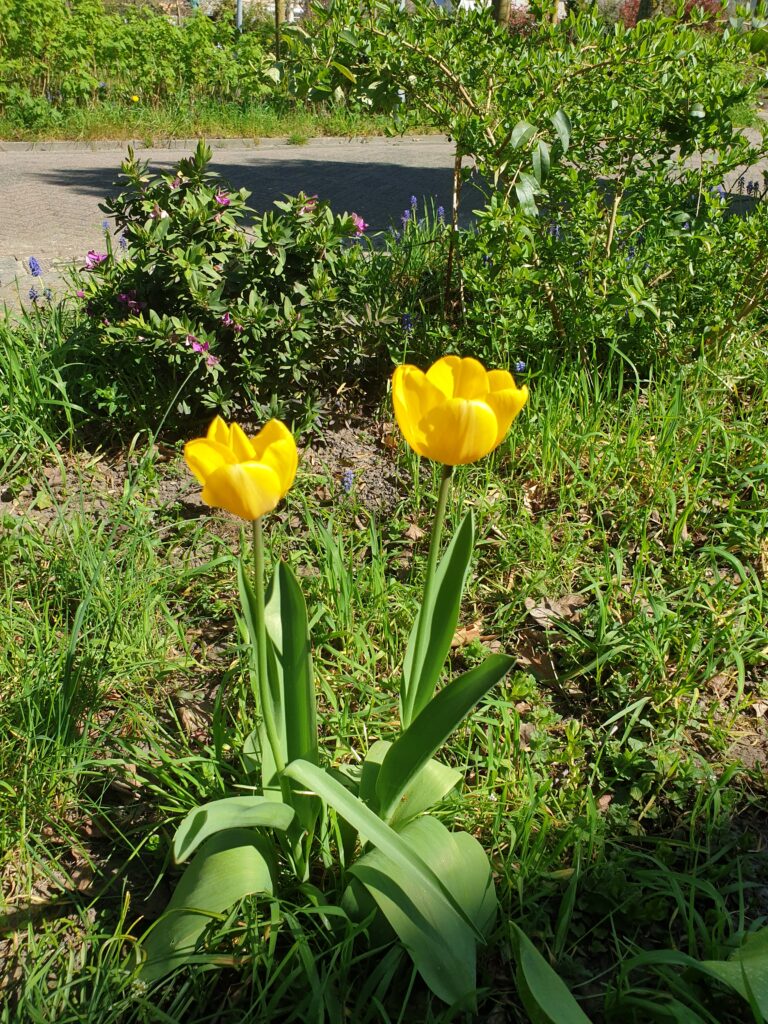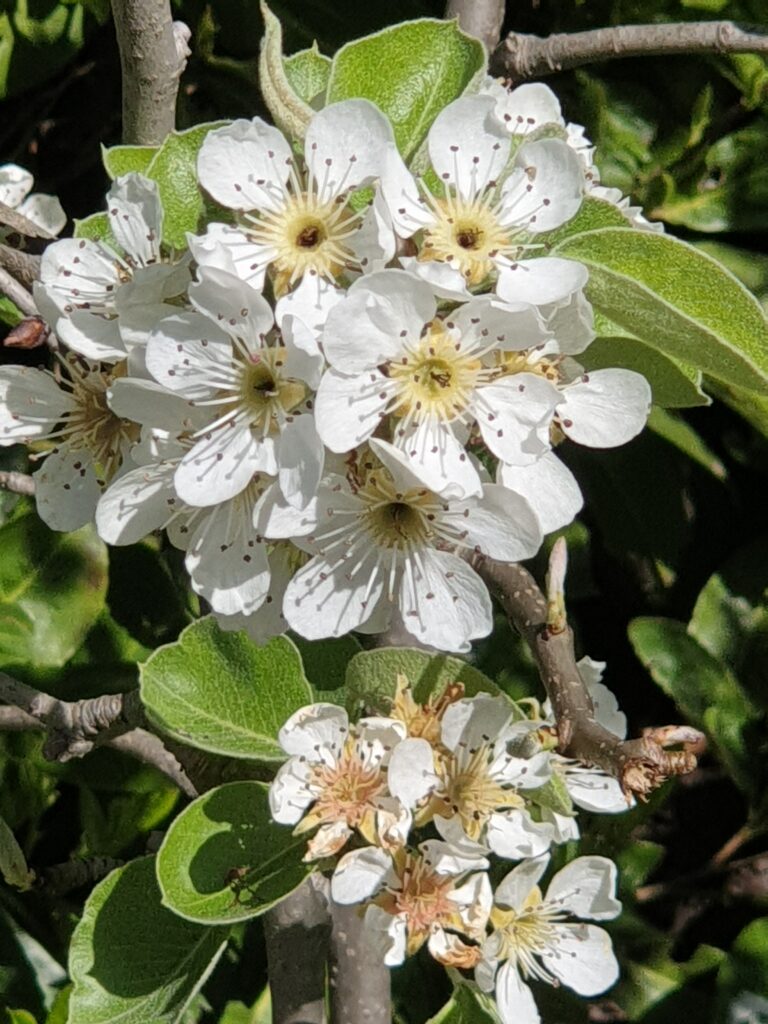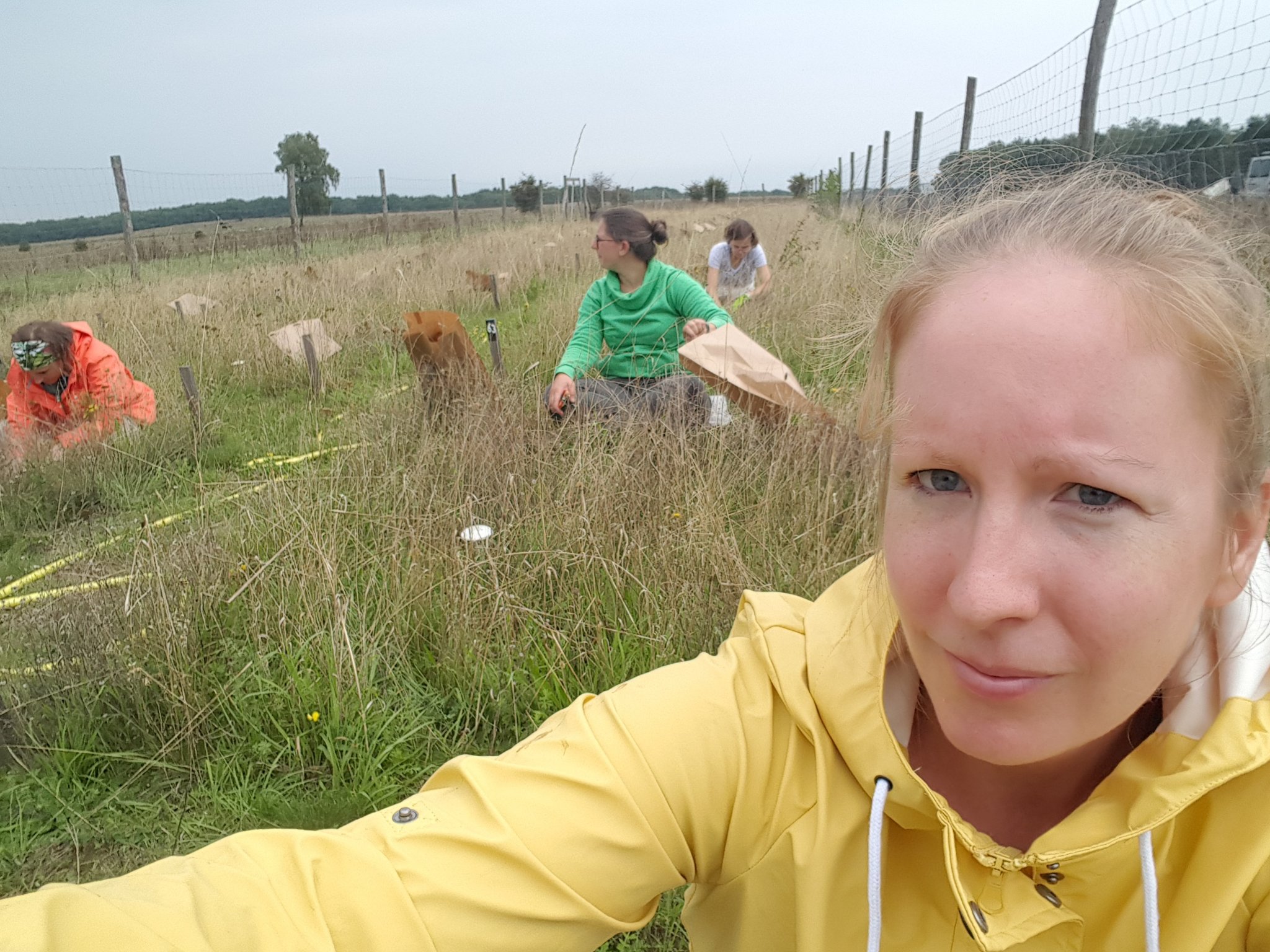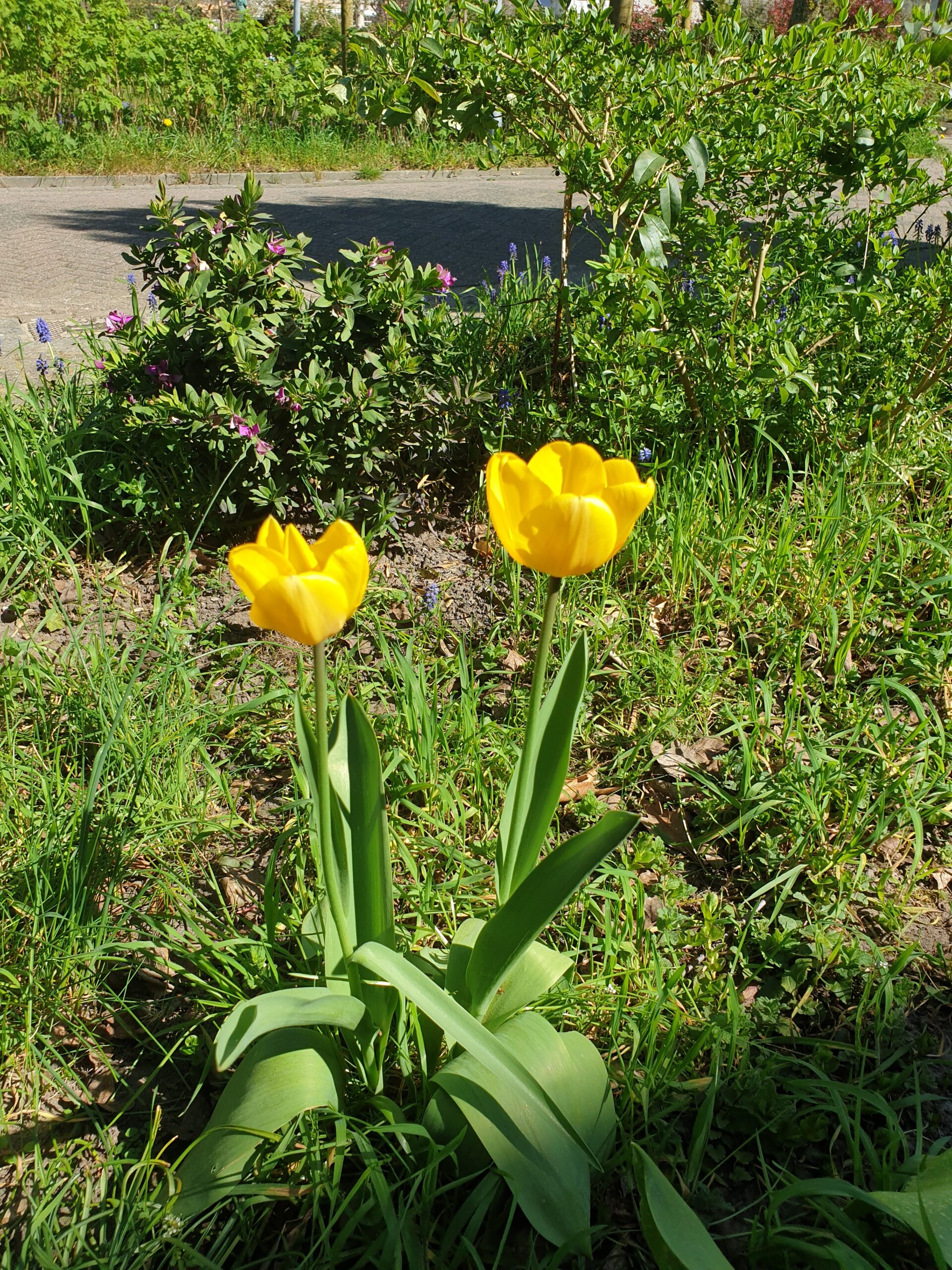It has been stated that ecology cannot and should not be studied in isolation. But what happens when borders suddenly close? Can a field ecologist work alone from home? Soil ecologist Emilia Hannula shares her thoughts.
Hannula’s blog post is part of the Environmental Research in the time of COVID-19 blog series, where environmental researchers talk about the effects of the pandemic. In 2017 British, Flemish and German ecological societies organized their annual meeting together in Ghent with the theme ‘Ecology across borders’ to showcase that ecology cannot and should not be studied in isolation but across borders. As already both Alexander von Humboldt (1769–1859) and Charles Darwin (1809–1882) noted, in order to understand how nature works, one needs to leave the comfort of their home and explore. Von Humboldt made an observational journey through South-America in order to discover the similarities and differences between European and South-American vegetation while Darwin is famous among other things from his trip on HMS Beagle.
Undoubtedly this is very much the ‘naturalist way’ of looking at ecology and indeed, sometimes it is enough to do a small experiment close to home to understand a certain pattern and sometimes one can run a model based on already collected data to understand global distributions. However, more often ecology is hard work in remote locations – and rarely done alone but rather with a team of experts.
Neither Von Humboldt nor Darwin traveled alone but they both had a team of experts with them. But what happens when borders suddenly close and one is not allowed to come close to other people and gather with more than three people in one place (as is the rule at the moment in the Netherlands)? Can ecology be done effectively alone? And from home?

Let me tell about my situation.
I was delighted to hear that my plan to study soil fungal communities and their role in soil carbon cycling was awarded a grant for two years by Maj & Tor Nessling Foundation. At the beginning of 2020 I started preparing everything for the main experiment that was supposed to start in April 2020 and run for the following 1.5 years. The experiment involves sterilization of around two tons of soils, collection of soils from multiple locations across the Netherlands, and setting up 96 experimental units outside – and this is just for the start. Later, we will analyse for example fungal traits, more details here.
In order to do all this work, I gathered a team. As said, ecology is sometimes hard work and some things just cannot and should not be done alone. The first students to start in the team were Sally (from Sweden) and Leon (from the Netherlands). Next, Menguy (from China) and Kees (from the Netherlands) will hopefully join soon. So we have a lovely multicultural team to work on a common goal together. Or so I thought.
When borders were closed and social distancing became the new norm
The institute where I work made a decision to close down on the 14th of March in response to the Dutch government urging for measures. Schools were closed at the same time and Universities decided to only offer online teaching. Essentially most of the country is brought to a stand-still and borders are being controlled. Like in most parts of the globe.
The economy is standing almost still but so is ecological research. No manipulative experiments can be set-up to study mechanisms behind observed natural phenomena. Valuable long-term data-sets will have a gap for observations this year as ecologists are not able to move (back) to their study areas and are simply lacking manpower due to various restrictions. Lab work is not possible and most labs have donated their consumables to places where they are more needed such as hospitals. PhD students defend their theses without an audience and all non-essential activities are stopped.
I have not seen my team members for a month and I don’t know at the moment if they can even finish their internships. Formerly such a lively meeting and working place for ecologists coming from around the world is standing empty. Almost no work can be done, and almost no work is done. We are just waiting for the day that we are allowed to be (field) ecologists again! My fingers are itching to dig into the soils. But we all know that that day will come.

But there is always a silver lining…
On the other hand, this global situation has brought the scientific world closer together through online meetings and sharing of similar struggles (via Zooms, Teams, Hangouts, Twitter). Having to stay close to home has made ingenuity blossom and made ecologists perform home-based experiments involving often their offspring. I hope this is going to be a springboard for citizen science projects involving simple home-made equipment to collect ecological data. I am currently not looking into mechanisms of how we can get photosynthesized carbon to stay in soils using soil fungi but observing the pollinators in my apple and pear trees and wondering if the great tits nesting in my garden will make it if the eggs hatched before there was a peak in caterpillars.
In the following post-Corona era, hopefully, science is more appreciated than ever. Ecology will prevail and I hope we will as a global community of ecologists overcome this ‘bottleneck’ and radiate with new ideas and new collaborations – across borders and working as a team.

Written by Dr. Emilia Hannula. She is a soil ecologist (normally) working at Netherlands Institute of Ecology (NIOO-KNAW). She is currently working from home and works also as a part-time teacher for her two children.


